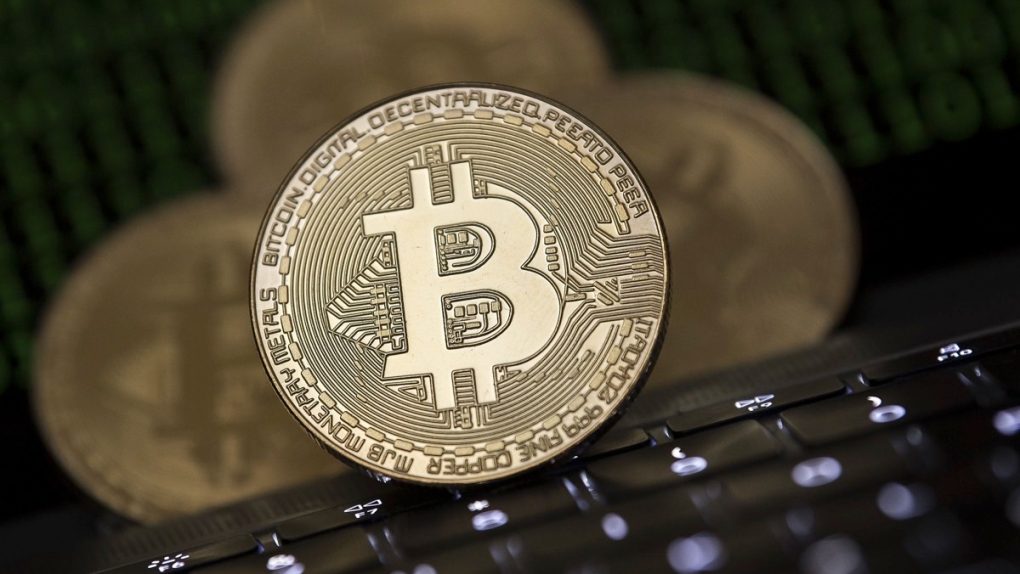Bitcoin and the entire crypto market received what can easily be perceived as bad news initially, as China is looking to make another significant play soon: Banning Bitcoin mining in the country. However, there’s also a silver lining in China’s renewed effort to regulate cryptocurrencies.
If there’s one thing that China, or any other country, can’t really do about Bitcoin and other digital currencies, it’s regulate them. But China can ban crypto businesses that don’t play by its own rules, including farms that mine Bitcoin.
The way you mine Bitcoin is by operating regular or specialized computers that can solve complex crypto puzzles that verify transactions on the blockchain. The reward is provided in Bitcoin. Therefore, the more processing power you have at your disposal, the higher the reward, but, also, the higher the difficulty. These Bitcoin farms operate around the clock, and the energy consumption is enormous. To make it profitable, the price of Bitcoin should actually exceed what you pay for electricity.
China’s National Development and Reform Commission (NDRC) said on Monday that it was looking for public opinion on a revised list of industries it wants to encourage, restrict, or eliminate, Reuters reports.
Bitcoin mining is part of more than 450 activities that the NDRC wants to phase out as they “did not adhere to relevant laws and regulations, were unsafe, wasted resources or polluted the environment.” The public has until May 7th to comment on the draft, but once the proposal is adopted, Bitcoin mining should be stopped immediately in the region.
The effects of the news on Bitcoin’s price are still negligent. At the time of writing, one Bitcoin was trading for around $5,207, less than 0.15% lower than the previous close (via CoinMarketCap). Bitcoin rose above $5,000 per coin last week, for the first time since mid-November, following a long period of sideways trading. The entire market followed it, with the major currencies steadily increasing their value over the past few days. At its heyday in late 2017, Bitcoin reached almost $20,000 per coin.
If Chinese Bitcoin farmers stop mining soon, the prices don’t necessarily have to collapse. In fact, the exact opposite might happen, considering there might be a slight dip in circulating Bitcoin supply. Also, those farmers may choose to move their mining rigs to other regions of the world, and continue operations from there, assuming that paying for electricity consumption still makes sense.
As for Chinese companies that are making specialized hardware for Bitcoin mining, they’ll probably continue to manufacture the sophisticated computers, as long as they’re in demand in other markets.








